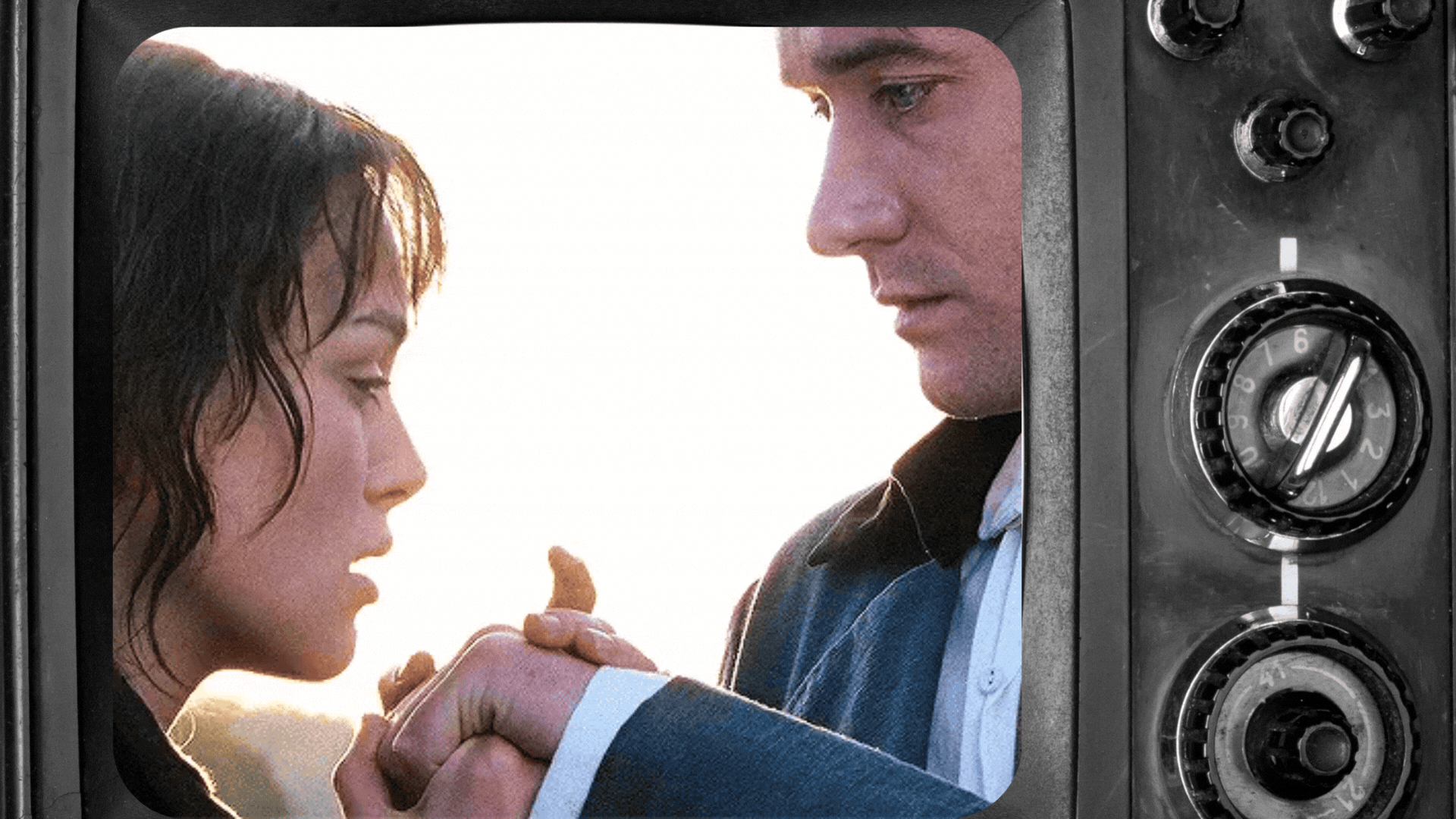Lydia Tár (Cate Blanchett) is one of the world’s greatest modern classical conductors and composers. She is also a complete trainwreck.
Much of her time is spent living the life of a musical celebrity. Her impressive resume is read aloud prior to an interview with The New Yorker’s Adam Gopnik; She jets around the world guest conducting for elite orchestras and guest teaching classes at Juilliard; She has a loving wife and child, strong professional relationships and a host of admirers.
Even so, Tár’s grip on reality is tenuous at best. She’s juggling several projects at once, from an autobiography to a new composition to an upcoming show with the Berlin Philharmonic, and yet is plagued by an inability to focus on anything. She barely sleeps, steals her wife’s medication and flirts with other women on the road.
And all the while a name keeps popping up that indicates something darker lurking in her past.
Tár, the fictional persona, stands in stark contrast to “Tár,” the film. While Tár is barely keeping it together, “Tár” is impeccable.
The film made waves with its premiere at Venice Film Festival, earning Blanchett the Volpi Cup for Best Actress and overwhelmingly positive critical praise. It certainly deserves the hype.
Directed by Todd Field, his first film since 2006, “Tár” is a complete triumph, one even its titular character may be impressed with. Sprawling across a nearly three-hour runtime, the film is a psychological epic that demands a lot from its audience but gives so much in return.
In the style of great character studies before it, “Tár’s” primary strength comes in its lead performance.
Blanchett has always been an excellent actor, but here she’s on another level. She effortlessly sinks into her role, adopting believable mannerisms of a woman on edge — darting eyes, sudden hand motions, frequent vocal interruptions.
As the film progresses and Tár’s situation grows more and more fraught, Blanchett picks up the intensity accordingly, leading to some truly harrowing scenes that are impossible to look away from.
Yet there’s a humanity to Blanchett’s performance that keeps the film from flying too far off the rails.
One of the best scenes is the opening interview between Tár and Gopnik, where Blanchett’s perfectly natural delivery paints a wonderful picture of this woman’s life. She feels real, so much so that it's difficult to leave the theater and not immediately look up her TED talk, only to forget she doesn’t actually exist.
Enjoy what you're reading?
Signup for our newsletter
While Blanchett carries much of the film herself, “Tár” is no slouch in its other departments.
Supporting Blanchett are Noémie Merlant (“Portrait of a Lady on Fire”) as Tár’s personal assistant and Nina Hoss (“Homeland”) as her wife. Both contribute excellent performances, playing off Blanchett while still maintaining their independent identities.
Field’s direction is felt throughout as he imbues each frame with a sense of cold isolation. Clear effort can be felt in the ways scenes are arranged, with even the smallest individual choices contributing to the atmosphere.
Composer Hildur Guðnadóttir, best known for her Oscar-winning “Joker” score, provides a subtle but impactful musical backdrop. Her classical compositions transition nicely between diegetic and nondiegetic, further emphasizing Tár’s gradual loss of control.
“Tár” is certainly successful in its intent — however, that intent may put some off.
The film is slow, taking its time establishing Tár’s character without a ton of extreme plot twists or setpieces. It never feels boring, but even so it’s easy to imagine general audiences growing restless.
Then there’s the ending, which feels like it comes somewhat out of nowhere but wraps up the film’s themes and provides closure. It also relies on understanding a reference to a franchise that most audiences over the age of 40 have likely never heard of. In some ways, it almost feels like a joke.
Even if it may not have the widest appeal, “Tár” is an incredibly rewarding experience for those willing to stick it out, and one of the best films of 2022. While the film is worth watching for Blanchett’s performance alone, its technical expertise and modern social commentary prove just as worthy of attention.
Rating: 9/10




